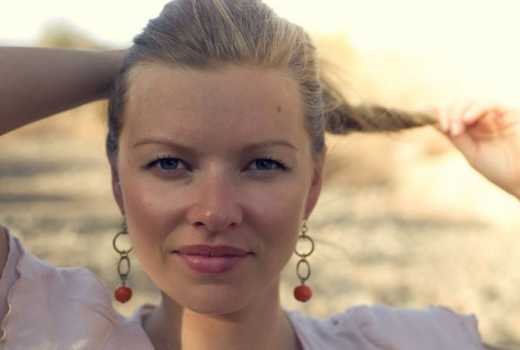×
The Standard e-Paper
Join Thousands Daily

Jewellery and African culture have always been intertwined. Various ornaments have played different roles, from fashion statements to designating one’s age group, role or status in society.
Jewellery in traditional Africa was not so much a luxury, but a means of expression and a unifying factor.